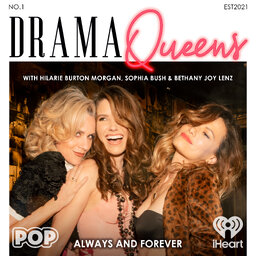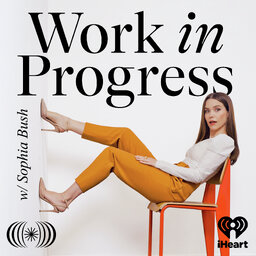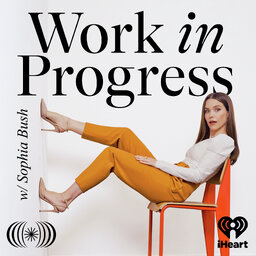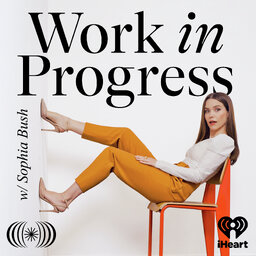Work in Progress: Zachary Quinto
Zachary Quinto has thrilled audiences with his performances on stage, film, and TV, starring in huge hits like Heroes and American Horror Story and playing the iconic character Spock in the Star Trek reboot. The brilliant actor is now tackling a new role in NBC's medical drama "Brilliant Minds."
In a candid chat, pals Zachary and Sophia get very vulnerable about the election's outcome and how they plan to move forward. Zachary also talks about his journey through sobriety, shares the impact meditation has had on him, the biggest shift in his life that set him on the path to acting, and how booking Heroes and Star Trek at age thirty affected him.
Plus, Zachary reveals why he initially was not interested in playing the leading man in NBC's new medical drama, "Brilliant Minds," and what changed his mind.
 Work in Progress with Sophia Bush
Work in Progress with Sophia Bush



